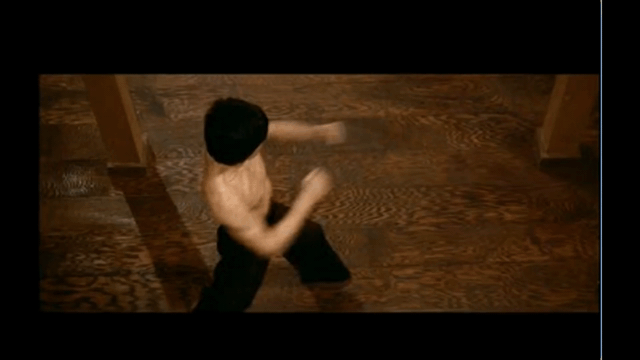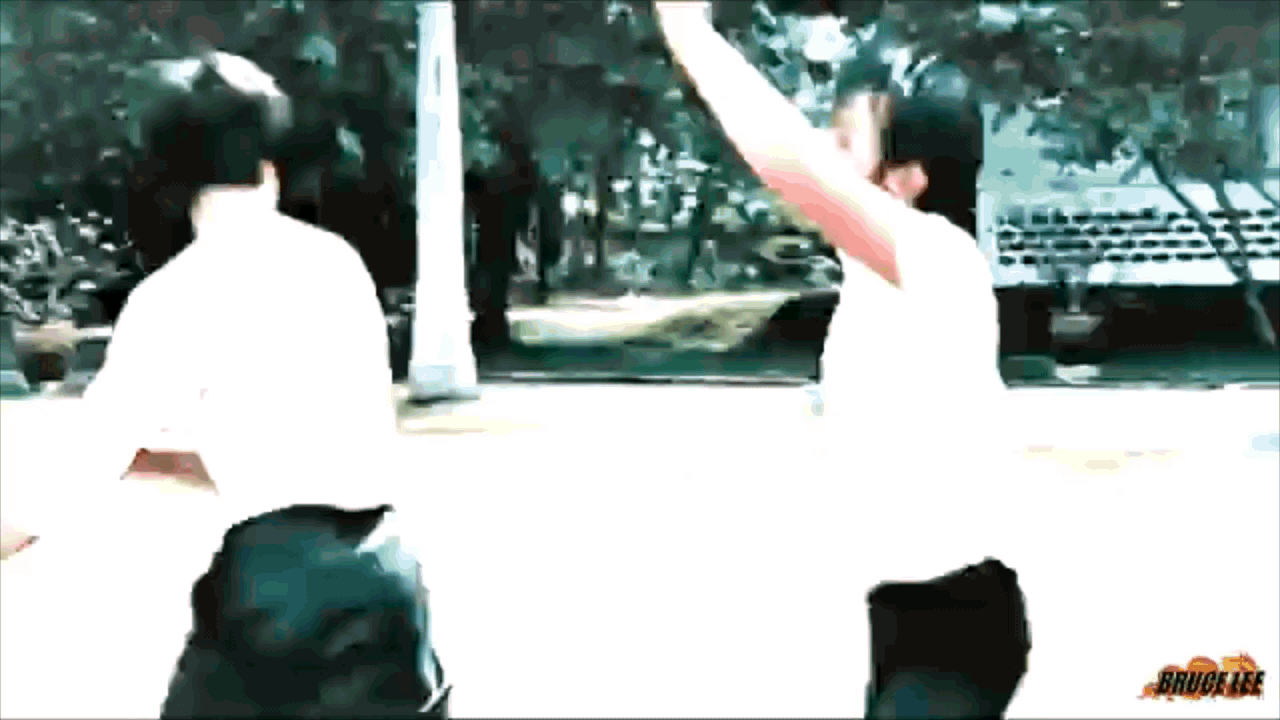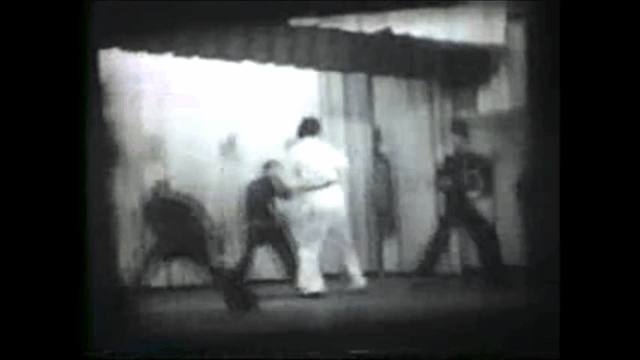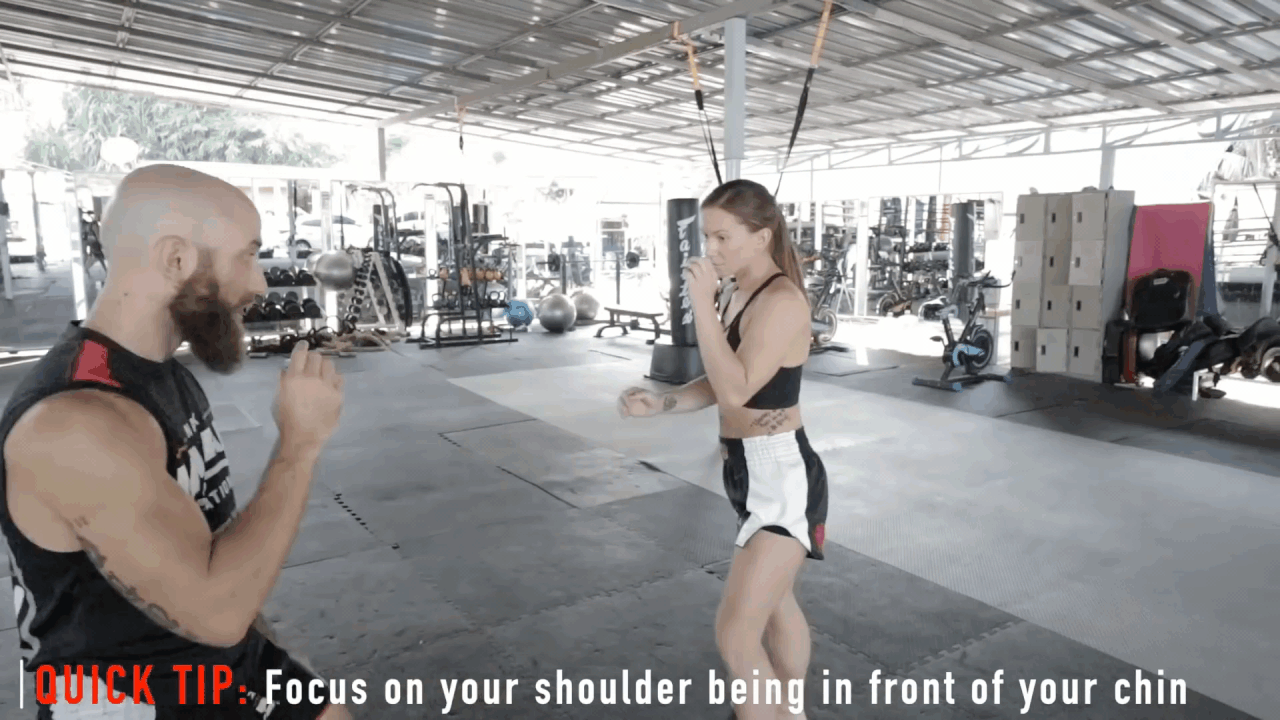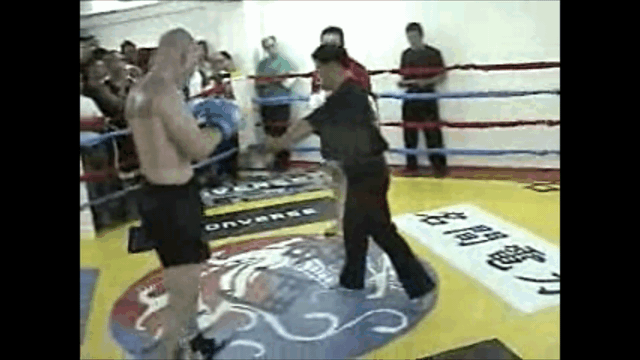ap Oweyn
Black Belt
Thanks Bill. That's helpful.Absolutely agree. Mastery to me simply means the condition which comes with a long-term immersion in a style, with the hopefully attendant wisdom that sometimes accompanies such experience. Personally, I claim no mastery, I am merely competent. However, by training in multiple styles, I'd not even possess that.
It's not a foundation that is always desirable, I confess. I know only a bit about a lot of things, like fence building and automobile body work and automotive painting and carburetor repair; enough to muddle through with a low-grade 'meh' ability. On the other hand, I've not chosen to become good at those things; I only devoted enough time and energy to be able to perform them with low-grade but acceptable-for-me results. That's fine. It still beats not being able to do them at all. In such things, I often use the maxim "Don't let the perfect become the enemy of the good."
If I were studying martial arts for exercise, or social interaction, or competition, or even self-defense only, I might think differently than I do.
However, when people ask my opinion, that is my opinion.
I think there's a few things worth clarifying in this overall discussion. The first, I've already brought up. (And I may have done these out of order, in retrospect.) "Mastery" is a very subjective, vague notion. And, as a benchmark, that's a tough one. We can assign specific ranks or material to "mastery." Or we can take the approach someone once used to describe explicit material. Something like "I don't know how to define it, but I know it when I see it."
If we're going to use concrete metrics for that concept, we have to be able to elucidate what those are. Otherwise, it's all completely arbitrary and turns into "X is doing it right. Y is doing it wrong." If the benchmark is the technical performance and/or intellectual understanding of a particular body of knowledge (a style in this case), then someone has to make an assessment about the degree to which they've done that. "This person's kata is consistently performed well enough in accordance with standards established over time that... " But that's still a person making an assessment of themselves (dodgy) or another person (still deeply subjective).
If someone is studying more than one art, then they're perhaps creating some of those same metrics for themselves. Which can also be really dodgy. Or helpful. It's really dependent on the people involved. And, even then, it's equally subjective. So, where a devotee to a particular style might view mastery as their command of that style, someone who studies more than one thing might identify an exterior metric for mastery. "The ability to cover striking and grappling," "Prowess with both empty hand and weapons," etc. Whatever the case. (I know there are styles that cover both, at least nominally. But I'm not entirely convinced by them.)
So here's my second thought (which I should have led with really). There's an obvious distinction between someone who studies multiple styles and someone who dabbles. Dabbling will never result in skill. But "dabbling" is just a word assigned to the idea of doing two or more things half-heartedly. It's perfectly possible to do one thing half-heartedly too. Meaning that it's perfectly possible to be a "jack of one trade, master of none."
To me, the successful study of more than style generally involves developing an organizational principle for yourself, and building around that. That principle is typically going to come from one style in the mix. In other words, you can usually see one style that occupies a sort of dominant position. The easiest example is MMA. You've got grapplers who learn enough boxing to not get knocked out. Or kickboxers who learn to sprawl well enough not to get taken down in the opening moments of a fight.
But, really, that's true of everyone who studies more than one thing, I expect. For me, FMA was my "chassis," and other things were built onto it. (This despite taekwondo being the first style in which I spent real time.) So, when I box, I do it southpaw. Because, despite being right-handed, I'm used to leading with my dominant weapon. If I tried to box orthodox, I'm sure I'd be terrible at it.
To me, the primary difference between the two approaches is who identified that organizing principle. Was it someone somewhere in your lineage? Or was it you? If it was you, what are you basing that on? Do you have the experience necessary to identify an organizing principle?
It's absolutely possible to do multiple styles badly. But it's also possible to study one thing without understanding it deeply. I've got no problem at all with either approach. Do what speaks to you. You know?

